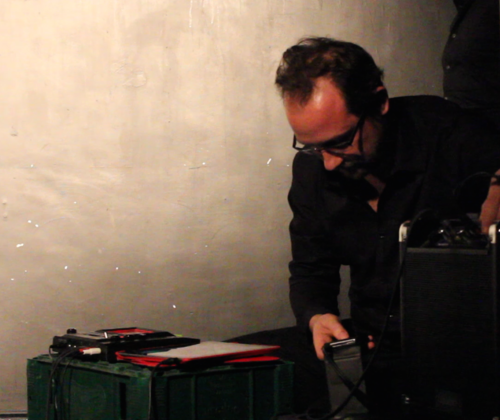A friend of mine (+Tom Stafford) just tweeted this article which came out a little while back. It’s excellent. Some excerpts:
The fabric of social life is now a problem that is addressed within the rubric of health policy, and there is something a little sad about that. Loneliness now appears as an objective problem, but only because it shows up in the physical brain and body, with calculable costs for governments and health insurers. Generosity and gratitude are urged upon people by positive psychologists, but mainly to alleviate their own mental health problems and private misery. And friendship ties within poor inner-city neighbourhoods have become a topic of government concern, but only to the extent that they mediate epidemics of bad nutrition and costly inactivity.
The irony is that, for all the talk of giving and sharing, this is potentially an even more egocentric worldview than that associated with the market. The cornerstone of orthodox economics, dating back to Adam Smith, is that self-interest in the marketplace is ultimately beneficial for society. The era of social optimisation looks set to stand this claim upside down: being social in your everyday life is worth it, because it will ultimately deliver benefits back to you. The trouble is that our appetites for this new commodity can spiral out of control.
…
What we witness, in the case of a social media addict, is only the more pathological element of a society that cannot conceive of relationships except in terms of the psychological pleasures that they produce. The person whose fingers twitch to check their Facebook page when they are supposed to be listening to their friend over a meal is a victim of a philosophy in which other people are only there to please, satisfy and affirm an individual ego from one moment to the next. This inevitably leads to vicious circles: once a social bond is stripped down to this impoverished psychological level, it becomes harder and harder to find the satisfaction that one wants. Viewing other people as instruments for one’s own pleasure represents a denial of the core ethical and emotional truths of friendship, love and generosity.
One grave shortcoming of this egocentric idea of the social is that none (or at least, vanishingly few) of us can ever constantly be the centre of attention, receiving praise. And so it also proves with Facebook. As an endless stream of exaggerated displays of positivity or success, Facebook often serves to make people feel worse about themselves and their own lives.
…
What remains unquestioned by such efforts to redesign social networks for greater wellbeing is the underlying logic, which implies that relationships are there to be created, invested in and – potentially – abandoned, in pursuit of individual optimisation. The darker implication of strategically pursuing positive emotion via relationships is that the relationship is only as good as the psychic value that it delivers. “Friend rosters” may need to be “balanced”, if it turns out that one’s friends are not spreading enough pleasure or happiness.
How friendship became the tool of the powerful


